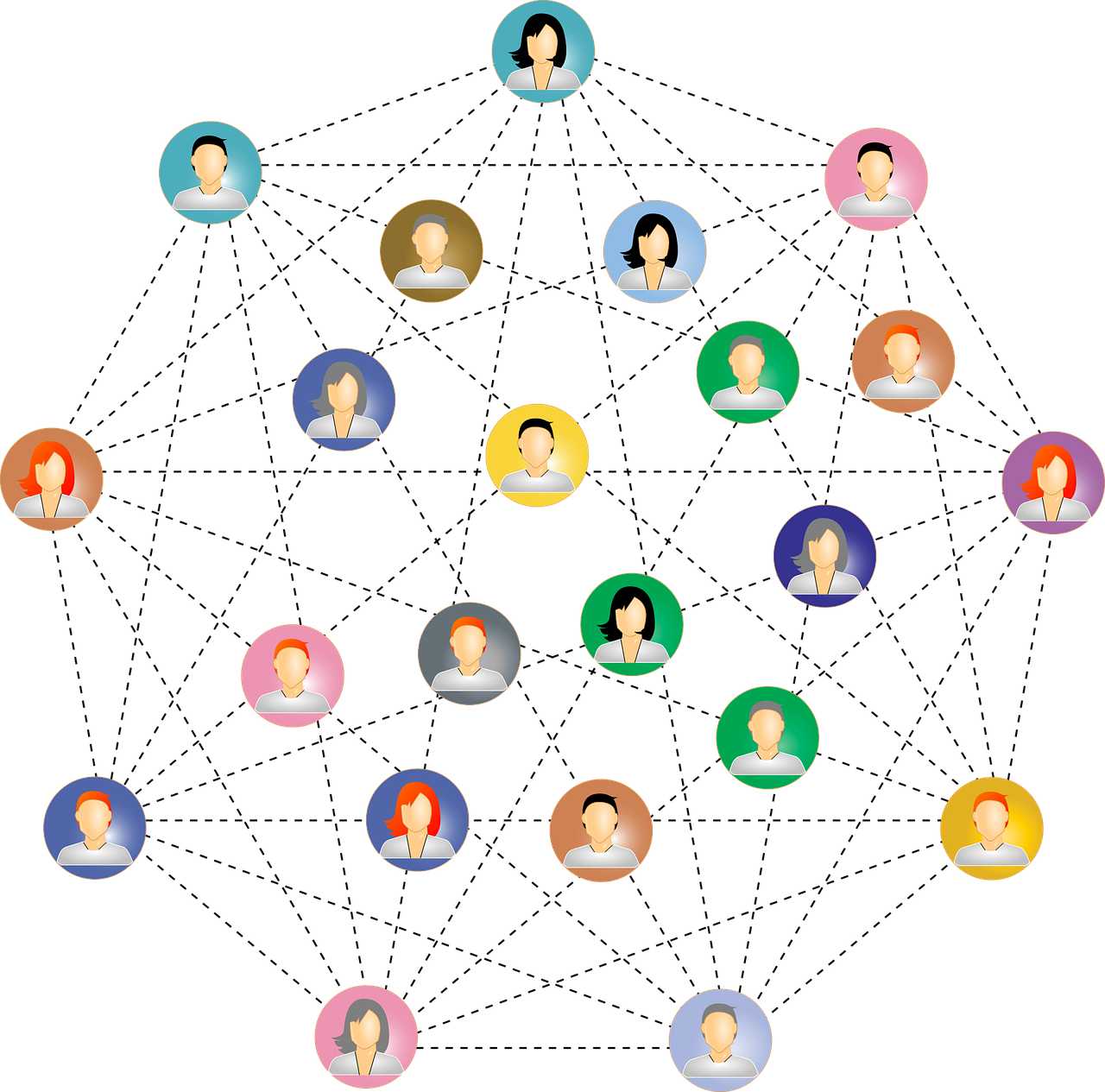How Facebook Negatively Impacts Quality of Life: Time Wasted with Unwanted, Superficial Connections
Facebook may be a popular social platform, but it comes with a dark side that many overlook. From the negative effects on mental health to the frustration of engaging with unwanted and shallow connections, the platform can have a significant impact on your quality of life. For many users, Facebook is no longer a space for meaningful interaction but a trap where they are surrounded by internet-illiterate, superficial individuals who contribute little to their personal growth. In this article, we’ll explore how Facebook drags you down and offer solutions for creating a healthier, more fulfilling online experience.
The Trap of Unwanted Interactions
One of the most frustrating aspects of Facebook is how it forces us to interact with people we might not otherwise want to engage with. Whether it's a distant relative, an old acquaintance, or a coworker you barely know, Facebook creates a social environment where avoiding these people becomes almost impossible.
Instead of enriching your social life, these unwanted interactions create emotional fatigue. Every time you scroll through your feed, you're faced with updates from individuals you have little interest in, from exaggerated, "look at me" posts to passive-aggressive comments. Over time, this erodes your sense of satisfaction and well-being, turning Facebook into a source of irritation rather than enjoyment.
Superficial and Uninspiring Content
Facebook is dominated by content that is, at best, superficial and, at worst, fake. The platform encourages users to curate their lives in a way that makes them appear more successful, more interesting, or happier than they actually are. This leads to a deluge of misleading posts filled with idealized portrayals, fake achievements, and hollow interactions.
What makes matters worse is that the majority of Facebook users are internet illiterate. They engage with the platform solely through simple apps on their smartphones, unaware of the broader, more enriching experiences available on the internet. These users, lacking in digital knowledge, tend to share and consume shallow content, which dilutes the quality of interactions on the platform.
Surrounded by this type of content, it’s easy to feel like you’re wasting your time with people who don’t inspire, educate, or engage you in a meaningful way. Instead, you’re left navigating a sea of "I’m important" profiles that add no value to your life. Worse, this environment of superficiality can begin to shape your perception of yourself, making you question your own worth.
Mental Health Decline and Productivity Loss
The negative impact of Facebook on mental health is well-documented. Studies show that constant exposure to idealized versions of others' lives can lead to feelings of inadequacy, envy, and depression. When the platform is filled with people you don't want to engage with, this effect is magnified. Seeing their perfect vacation photos, new promotions, or flawless relationships can make you feel like you're falling behind in life—even when these posts are often exaggerated or outright false.
Furthermore, the time spent on Facebook is time lost. Instead of engaging in productive activities, learning something new, or cultivating meaningful relationships, users are often caught in a loop of mindless scrolling. According to research from the American Journal of Sociology, frequent social media users experience lower levels of productivity and struggle with focusing on important tasks.
Facebook's users, largely engaging through basic apps, are often unaware of the opportunities for intellectual growth that exist outside of their Facebook bubbles. They end up wasting valuable time, surrounded by unproductive and uninspiring content that does little to challenge their minds or push them toward personal growth.
The Solution: Curating Your Online Environment
To escape the toxic environment that Facebook fosters, consider making a conscious effort to transition to a healthier, more enriching digital experience. Here's how:
-
Limit Facebook Use: Reduce the time you spend on Facebook by setting clear boundaries. Allocate specific times of the day to check your feed, and avoid impulsive scrolling. This will help you regain control over your time and reduce unnecessary distractions.
-
Unfollow or Mute: Don’t hesitate to unfollow or mute people who clutter your feed with superficial or negative content. This allows you to curate a more meaningful feed filled with posts that inspire, educate, and entertain you.
-
Engage with Thoughtful Platforms: Instead of limiting your online presence to Facebook, explore platforms that offer more intellectually stimulating content. Websites like Medium, Reddit, or Quora provide a space for thoughtful discussions, where users are often more knowledgeable and contribute valuable insights.
-
Develop Real Connections: Prioritize deep, meaningful interactions both online and offline. Use social media platforms that encourage authentic connections and conversations, such as LinkedIn or niche communities related to your interests.
-
Digital Detox: Consider a digital detox where you step away from social media for a set period. This can help reset your mindset and allow you to focus on activities that enhance your well-being, such as learning new skills, engaging in creative hobbies, or spending quality time with loved ones.
Final Thoughts
Facebook's dominance in our lives often traps us in a cycle of interacting with people we don’t want to engage with and consuming superficial content. The negative effects on mental health, productivity, and overall quality of life are clear. However, by taking active steps to curate your digital environment, limit unwanted interactions, and explore more enriching online experiences, you can regain control over your life and make social media work for you—not against you.
